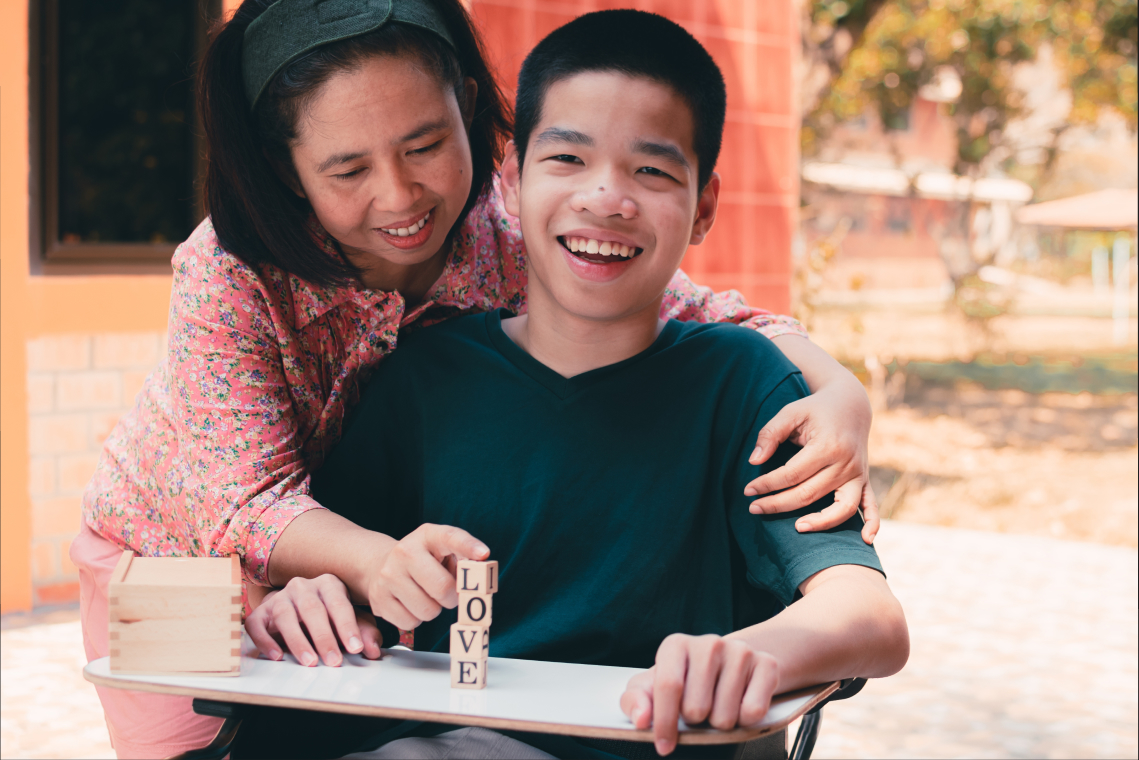Empowerment is about providing individuals with the tools, opportunities, and support to live their lives to the fullest. For individuals with intellectual disabilities, empowerment means recognizing their strengths, fostering independence, and ensuring their voices are heard. By embracing inclusive practices, promoting self-advocacy, and offering personalized support, society can create environments where everyone can thrive.
Promoting Self-Advocacy
Self-advocacy is a crucial aspect of empowerment. It involves giving individuals the confidence and tools to express their needs, make decisions, and shape their own lives:
- Education and Training: Programs that teach self-advocacy skills empower individuals to speak up for themselves in personal, professional, and community settings.
- Accessible Communication: Providing clear and adaptable communication methods ensures everyone can participate in conversations and decision-making processes.
- Leadership Opportunities: Encouraging individuals with intellectual disabilities to take on leadership roles fosters confidence and demonstrates their value to the community.
When people with intellectual disabilities are given the opportunity to advocate for themselves, they gain greater control over their lives and contribute to shaping a more inclusive society.
Creating Inclusive Environments
Empowerment requires environments where individuals with intellectual disabilities feel valued and included. This means addressing physical, social, and systemic barriers that may limit participation:
- Inclusive Education: Access to tailored educational programs ensures that individuals with intellectual disabilities can learn, grow, and achieve their goals.
- Workplace Inclusion: Providing reasonable accommodations and fostering supportive work cultures opens doors to meaningful employment opportunities.
- Community Participation: Encouraging involvement in social, cultural, and recreational activities helps individuals build relationships and engage fully in community life.
Inclusive environments not only empower individuals with intellectual disabilities but also enrich society by celebrating diverse perspectives and talents.
Providing Personalized Support
Empowerment is not a one-size-fits-all approach. Personalized support recognizes and respects each individual’s unique needs and aspirations:
- Person-Centered Planning: Collaborating with individuals to set goals and create customized support plans promotes autonomy and self-determination.
- Support Networks: Friends, family, caregivers, and peer groups play a vital role in providing emotional and practical support.
- Assistive Technology: Tools such as communication devices and adaptive learning aids can enhance independence and participation.
Tailored support allows individuals with intellectual disabilities to lead self-directed lives while receiving the assistance they need to succeed.
Shaping a More Inclusive Future
Empowering individuals with intellectual disabilities requires a collective commitment to equity and inclusion. By promoting self-advocacy, fostering inclusive environments, and providing personalized support, we can create a world where everyone has the opportunity to thrive.
It is essential to challenge stereotypes, amplify voices, and celebrate the contributions of individuals with intellectual disabilities. When we empower others, we build stronger, more compassionate communities that recognize and value every person’s potential.
How can we work together to empower individuals with intellectual disabilities? Share your thoughts and ideas in the comments below—your perspective matters.




